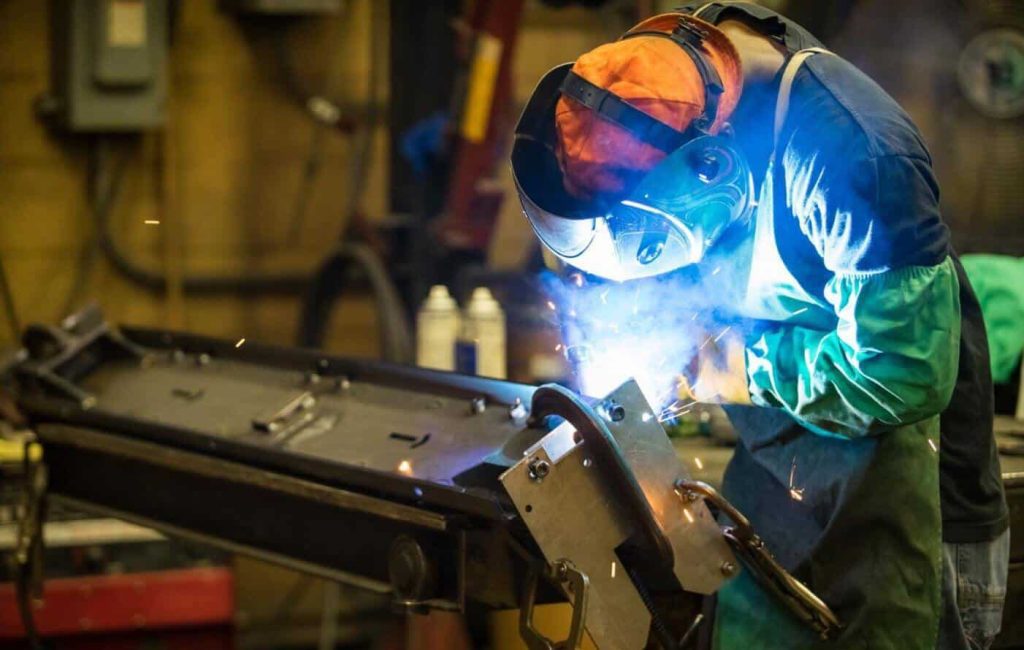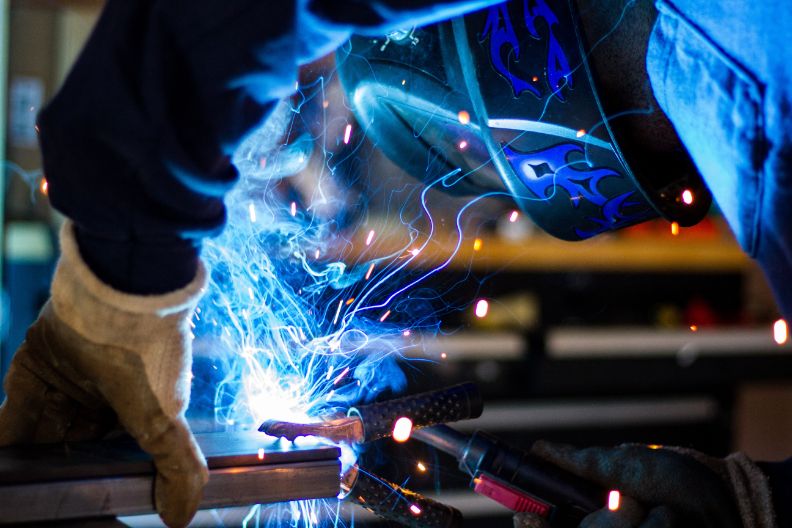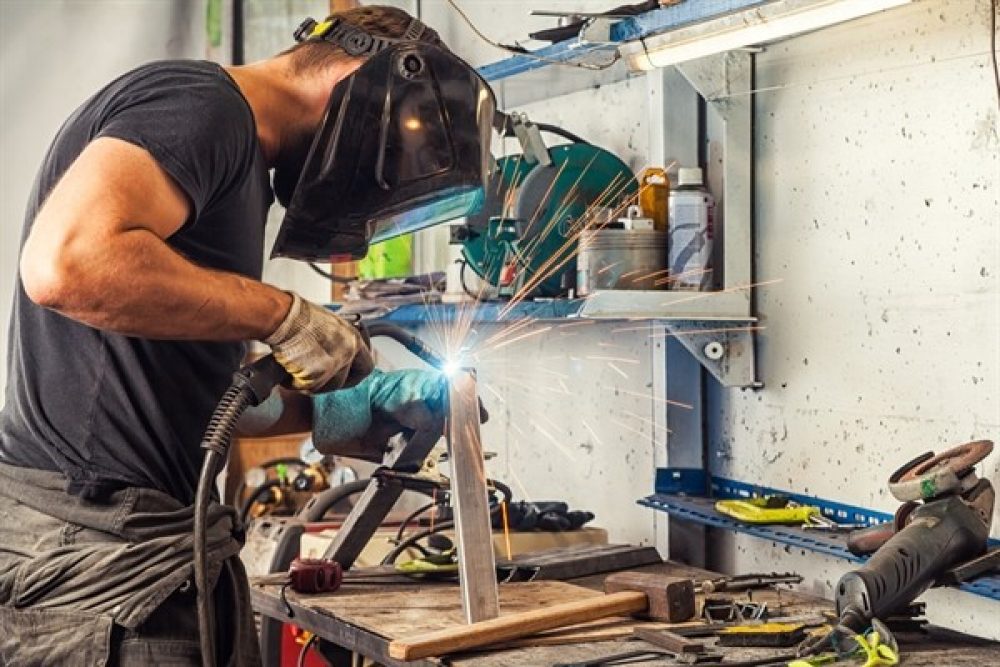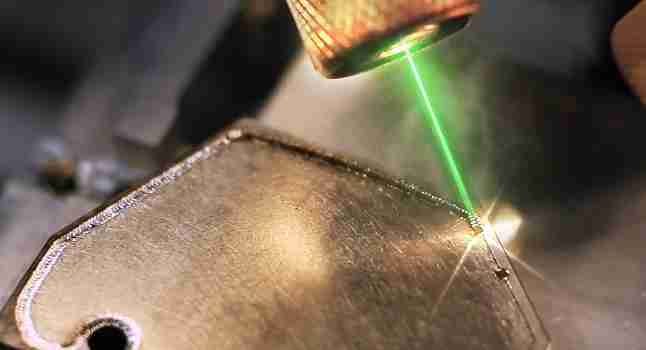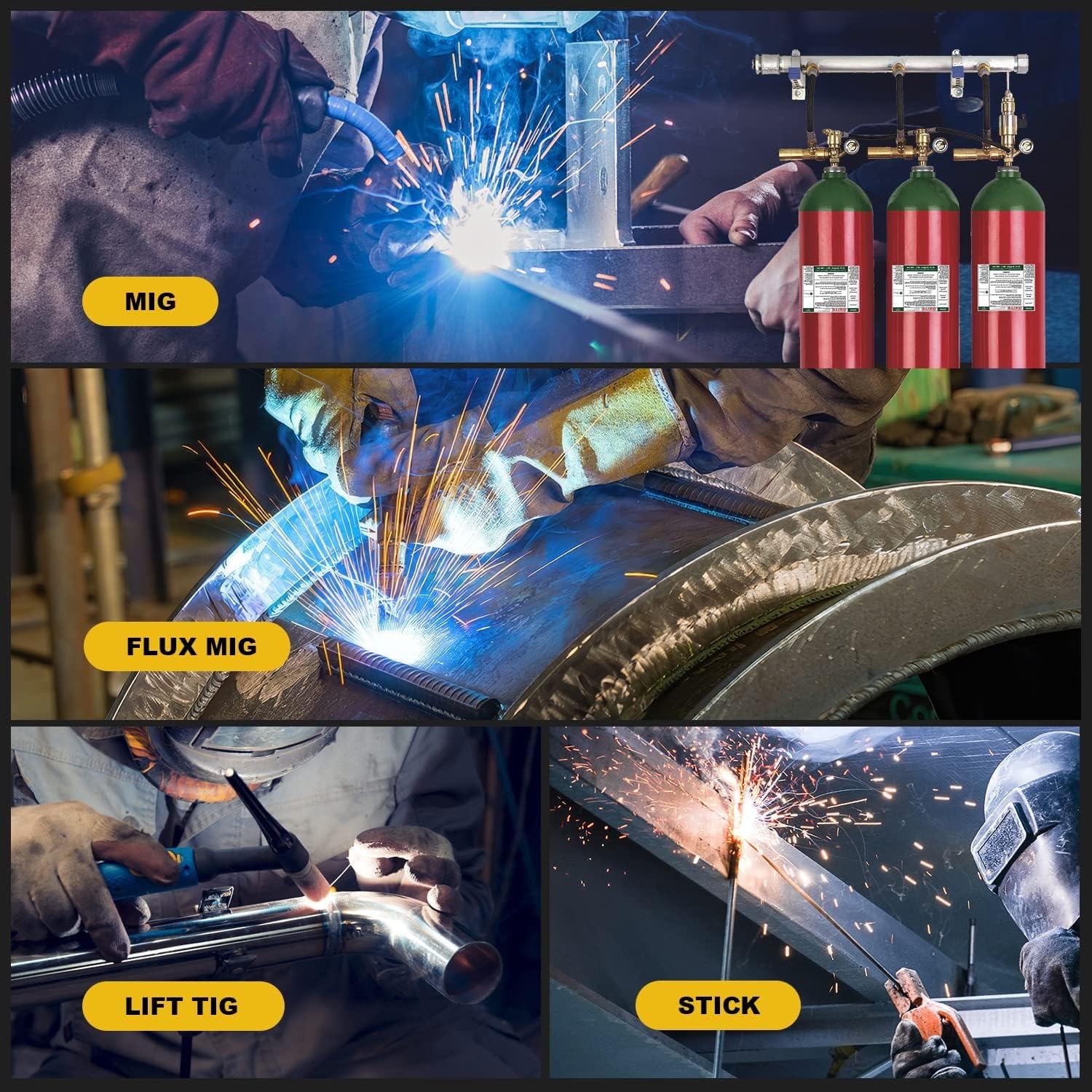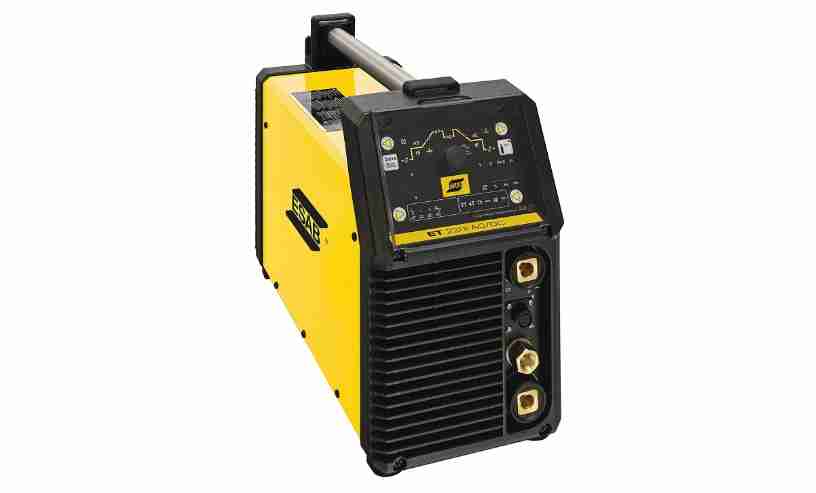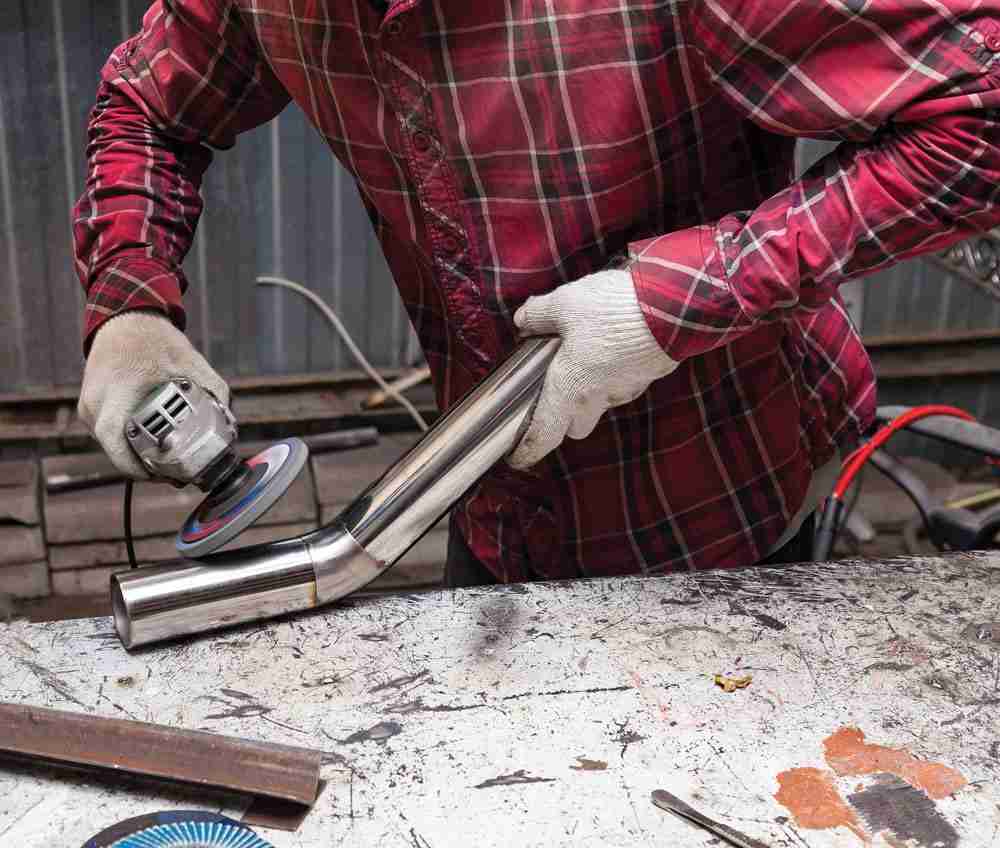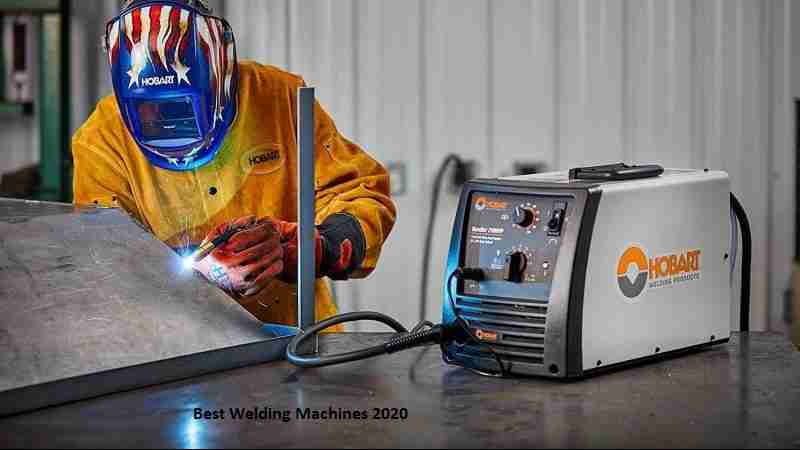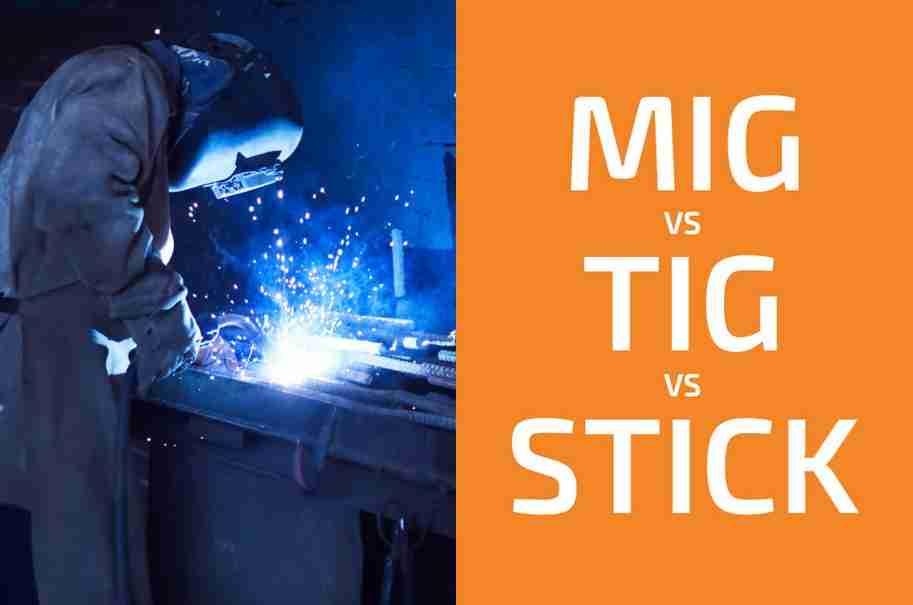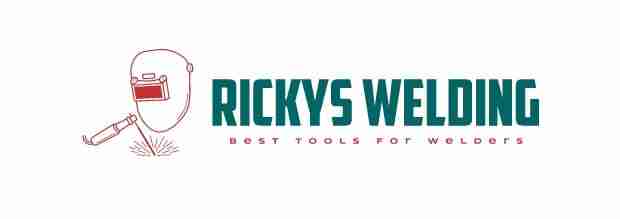Have you ever wondered if welders find true happiness in their work? Curiosity strikes when observing their commitment and artistry.
The article aims to shed light on the satisfaction levels welders experience.
By exploring factors such as job stability, creative expression, and the sense of accomplishment derived from welding, we can gain insight into the contentment welders derive from their profession.
Excitement awaits as we uncover the world of welding and the happiness it brings to those who wield the torch.
Welding as a Career Choice
If you are considering a career in welding, you might wonder if welders are happy with their job. Welding is a rewarding profession that offers a wide range of opportunities.
Still, before you decide, it’s essential to understand the job description, job outlook, required skills, and education and training required for a career in welding.
Job Description
As a welder, your primary responsibility will be to join metal parts together using various techniques, such as arc welding, gas welding, and resistance welding.
You will work with different types of metals, such as steel, aluminum, and stainless steel, and use specialized tools and equipment to perform your tasks. Welders often work in construction, manufacturing, automotive, and other industries that require metal fabrication.
Job Outlook
The job outlook for welders is quite positive. According to the Bureau of Labor Statistics, the employment of welders is projected to grow by 3 percent from 2020 to 2030, which is about as fast as the average for all occupations.
The demand for welders is driven by the need to build and repair infrastructure, such as bridges, pipelines, and buildings. Additionally, there will be a need for welders to replace retiring workers and fill new positions.
Required Skills
To be successful in a welding career, there are several skills you need to develop. Firstly, solid attention to detail is essential, as welding requires precision and accuracy. It would be best to have good hand-eye coordination and manual dexterity to operate welding equipment effectively. Additionally, problem-solving skills are crucial in identifying and resolving welding defects. Being physically fit and having good stamina is essential, as welding can be physically demanding.
Education and Training
While a high school diploma or equivalent is the minimum educational requirement for most welding jobs, many employers prefer candidates who have completed formal training programs. These programs can be found at trade schools, vocational schools, and community colleges. During these programs, you will learn various welding techniques, safety protocols, blueprint reading, and metallurgy. Some employers may also provide on-the-job training to enhance your skills further.
Factors Affecting Job Satisfaction
Job satisfaction is a crucial aspect to consider when choosing a career. In the case of welding, several factors can influence your level of job satisfaction. These include the work environment, safety measures, salary and benefits, and career advancement opportunities.
Work Environment
The work environment plays a significant role in job satisfaction for welders. Depending on the industry and specific job, welders may work indoors or outdoors in various weather conditions. Some welding jobs require working at heights or in confined spaces. Finding a work environment that aligns with your preferences and comfort level is essential to ensure job satisfaction.
Safety Measures
Safety is of utmost importance in the welding profession. Welders work with high temperatures, hazardous materials, and potentially dangerous equipment. Employers must prioritize safety measures, such as providing personal protective equipment (PPE), proper ventilation, and training on safe work practices. Feeling safe and protected while on the job dramatically contributes to job satisfaction.
Salary and Benefits
Compensation is an essential factor in job satisfaction. Welders can earn a competitive salary, and their pay can vary depending on their skill level, experience, and industry. Additionally, many employers offer benefits such as healthcare, retirement plans, and paid time off. A fair salary and comprehensive benefits package contribute to job satisfaction and financial stability.
Career Advancement Opportunities
Having opportunities for career advancement is crucial for job satisfaction. Welders can progress in their careers by acquiring additional certifications, gaining more experience, and enhancing their skills. With experience and advanced training, welders can take on leadership roles, become welding inspectors, or work in specialized areas such as underwater or aerospace welding. Having clear pathways for growth and professional development significantly impacts job satisfaction.
Job Satisfaction Surveys and Research
To gain a deeper understanding of the level of job satisfaction among welders, surveys and research have been conducted. These studies provide valuable insights into the factors that influence job satisfaction and help identify areas of improvement within the welding profession.
Survey Results
Several surveys have been conducted to assess job satisfaction among welders. These surveys measure happiness, work-life balance, career advancement opportunities, and workplace safety. In general, the results indicate that welders have high job satisfaction, with many individuals reporting a strong sense of pride in their work.
Comparative Studies
Comparative studies have been conducted to compare job satisfaction among welders with other professions. These studies highlight the unique welding aspects that contribute to job satisfaction. The results consistently show welders’ job satisfaction levels are higher than other blue-collar professions. This is attributed to factors such as the sense of accomplishment, job variety, and positive work relationships that welding offers.
Factors Influencing Job Satisfaction
The research on job satisfaction among welders has identified several key factors contributing to their overall happiness in the profession. These factors include a strong sense of accomplishment, job variety and challenges, positive work relationships, and a creative outlet for self-expression. Welders find fulfillment in their ability to create tangible and functional structures, embrace the diversity in the welding projects they undertake, and value teamwork and camaraderie within the welding community.
Job Hazards and Stress
Like any profession, welding comes with its own set of hazards and stressors. Awareness of these challenges and effective coping mechanisms can help maintain job satisfaction and overall well-being.
Physical Hazards
Welding involves working with high temperatures, hazardous fumes, and intense light. This exposes welders to physical hazards if proper safety precautions are not taken. The risk of burns, eye injuries, and respiratory problems is a concern. However, wearing appropriate protective gear, following safety protocols, and working in a well-ventilated area can help mitigate these physical hazards.
Mental Stress
Welders may experience mental stress due to the high level of concentration and attention to detail required for their work. The pressure to meet project deadlines and quality standards can also contribute to stress. Additionally, welding tasks can be physically demanding and physically straining. Implementing stress management techniques, such as taking breaks, practicing mindfulness, and engaging in physical activities outside of work, can help cope with mental stress.
Coping Mechanisms
To maintain job satisfaction and overall well-being, welders need to have effective coping mechanisms in place. Taking breaks and practicing relaxation techniques during work hours can help alleviate stress. Engaging in hobbies or activities outside of work, such as exercise or pursuing personal interests, can provide a healthy balance and serve as a form of stress relief. Additionally, seeking support from colleagues, friends, or professional counseling can be beneficial in managing work-related stress.
Professional Fulfillment
Being professionally fulfilled is essential for overall job satisfaction. Welding offers various aspects that contribute to a sense of fulfillment and job satisfaction.
Sense of Accomplishment
Welding provides a tangible sense of accomplishment. Seeing a project come together due to your skills and craftsmanship can be incredibly rewarding. Whether constructing a bridge or fabricating an intricate sculpture, welders take pride in their ability to create and contribute to functional and aesthetic structures.
Job Variety and Challenges
The welding profession offers a diverse range of projects and challenges. Welders can work on various types of structures, materials, and techniques. This variety keeps the work exciting and engaging as welders constantly learn and adapt to new projects. Overcoming challenges and problem-solving contribute significantly to job satisfaction and personal growth within the profession.
Positive Work Relationships
The welding community is known for its close-knit and supportive nature. Welders often work in teams, fostering positive work relationships and camaraderie. Collaboration and teamwork are essential in ensuring project success, and the bonds formed with colleagues improve job satisfaction. The ability to rely on fellow welders for support and knowledge-sharing creates a positive work environment.
Creative Outlet
Welding provides a creative outlet for self-expression. Whether it’s through designing and fabricating unique metal art or creating custom structures, welders have the freedom to showcase their creativity. This artistic aspect of welding allows for personal growth and self-fulfillment, as welders can bring their ideas to life through their craft.
Work-Life Balance
Maintaining a healthy work-life balance is crucial for overall well-being and job satisfaction. Welding offers certain advantages that contribute to a good work-life balance.
Flexible Schedules
Welders often can choose their work schedules based on project requirements and employer policies. This flexibility allows for better control over personal time and commitments. Balancing work and personal life can significantly enhance job satisfaction and overall happiness.
Lack of Overtime
Unlike some professions requiring extensive overtime, many welding jobs have regular hours without excessive overtime. This allows welders to have consistent time outside work for personal activities, family, and leisure. Avoiding excessive work hours and fatigue contributes to a better work-life balance and increased job satisfaction.
Time Off and Holidays
Most employers offer their employees paid time off and holidays, including welders. Dedicated time to relax, rejuvenate, and spend with loved ones enhances job satisfaction. Planning vacations and time off without sacrificing financial stability provides a sense of work-life balance.
Community Collaboration and Impact
Welding is not just about constructing metal structures; it also significantly impacts communities. Contributing to infrastructure development, public safety, and community welfare provides a sense of purpose and job satisfaction.
Infrastructure Development
Welders are crucial in constructing and maintaining infrastructure, such as bridges, buildings, and pipelines. Their work directly contributes to the growth and development of communities, enhancing connectivity and ensuring structural integrity. Seeing the impact of their work on the physical environment and daily lives of people can be deeply fulfilling for welders.
Public Safety Contributions
Safety is a top priority in welding, and welders directly contribute to public safety. By ensuring the integrity of metal structures, welders help prevent accidents and potential hazards. This contribution to public safety enhances job satisfaction, as welders know their work directly impacts the well-being of others.
Community Recognition
Welders often receive recognition and appreciation from the communities they serve. Their craftsmanship and skill level are valued, and the impact of their work is acknowledged. This recognition boosts job satisfaction and motivates welders to continue making a difference in their communities.
Personal and Professional Growth
Continuous growth and development are essential for job satisfaction. Welding offers various opportunities for personal and professional growth.
Continuous Learning Opportunities
The welding profession is continually evolving, and there are always new techniques, technologies, and materials to learn. Welders can use continuous learning opportunities through workshops, seminars, and certifications. Staying up-to-date with industry advancements and enhancing skills contributes to job satisfaction and ensures continued professional growth.
Skill Development
Welders can develop a wide range of skills throughout their careers. These skills include welding techniques, blueprint reading, metallurgy, and project management. Mastering these skills not only improves job performance but also enhances job satisfaction. The ability to take pride in one’s craftsmanship and continually improve leads to a sense of fulfillment and career satisfaction.
Specialization
Within the welding profession, there are opportunities for specialization. Welders can choose to specialize in underwater welding, aerospace welding, or pipeline welding. Specialization allows welders to work on unique, challenging projects and develop expertise in specific fields. Recognizing a specialist in a particular area can significantly contribute to job satisfaction and career advancement.
Certifications
Obtaining industry-recognized certifications can open doors to new opportunities and increase job satisfaction. Welders can pursue certifications such as Certified Welder (CW), Certified Welding Inspector (CWI), or Certified Welding Engineer (CWE). These certifications validate skills and knowledge, providing a sense of accomplishment and professional recognition.
Job Satisfaction Across Industries
Comparative analysis of job satisfaction among welders across various industries has been conducted to understand the unique aspects that differentiate the welding industry.
Comparative Analysis
Studies have compared job satisfaction levels among welders in construction, manufacturing, and automotive industries. The results consistently show that welders in all these industries have relatively high job satisfaction.
However, the specific factors contributing to job satisfaction vary slightly between industries. For example, welders in the construction industry might find satisfaction in contributing to large-scale infrastructure projects. In contrast, those in the automotive industry might enjoy the precision and intricacies of working on vehicles.
Factors Differentiating the Welding Industry
The welding industry stands out regarding job satisfaction due to its unique combination of creativity, craftsmanship, and community impact.
Welders often express a deep sense of fulfillment from creating functional and aesthetic structures. The ability to see tangible results of their work, collaborate with fellow welders, and contribute to the growth and safety of communities differentiates the welding industry from others.
Conclusion
In conclusion, welders generally report high levels of job satisfaction due to several factors. These include a sense of accomplishment, job variety and challenges, positive work relationships, creativity, flexibility, good work-life balance, community collaboration, and opportunities for personal and professional growth.
Welding offers a rewarding career choice for individuals who enjoy working with their hands, appreciate craftsmanship, and desire to make a tangible impact on the physical environment and community.



